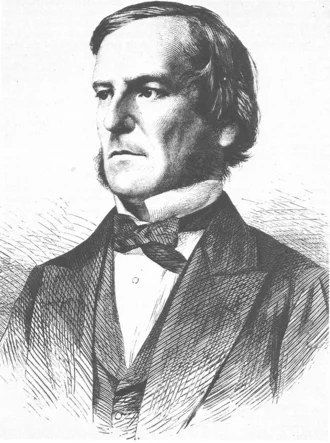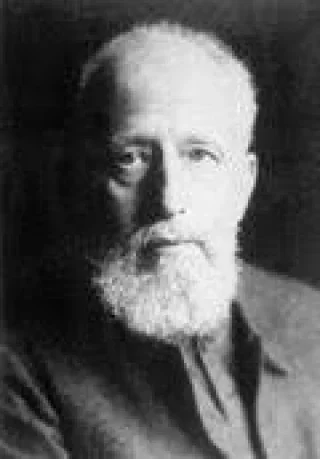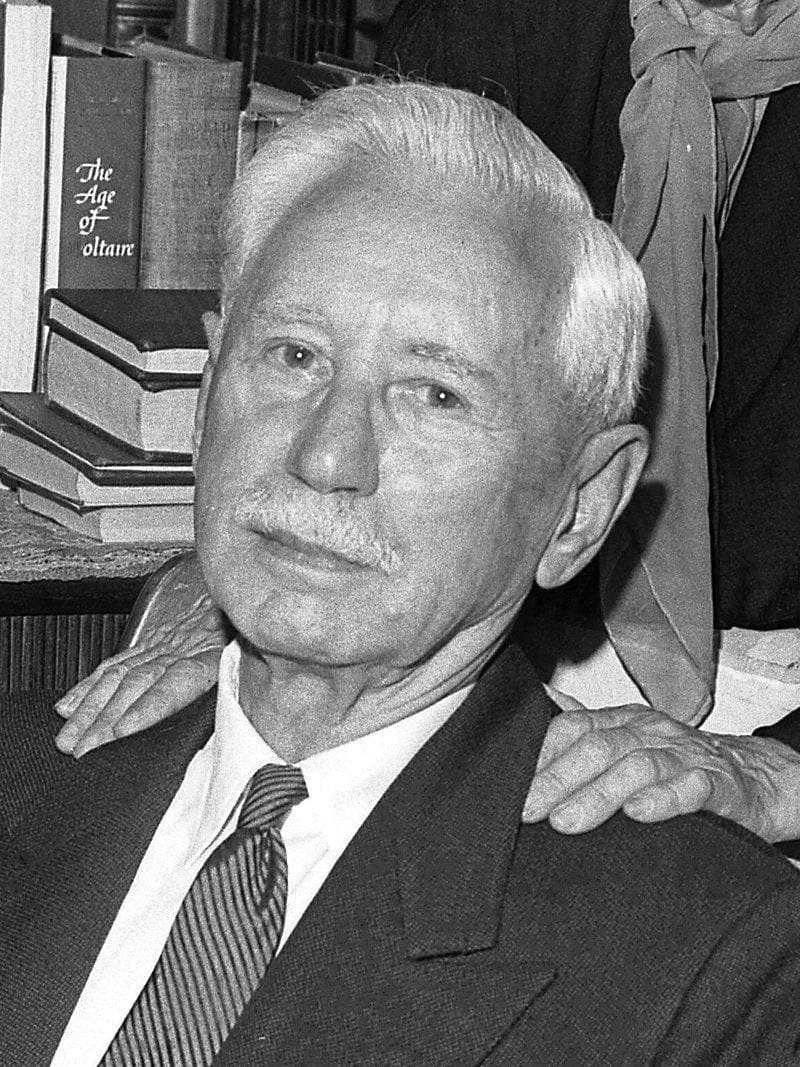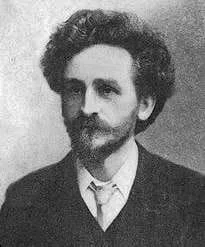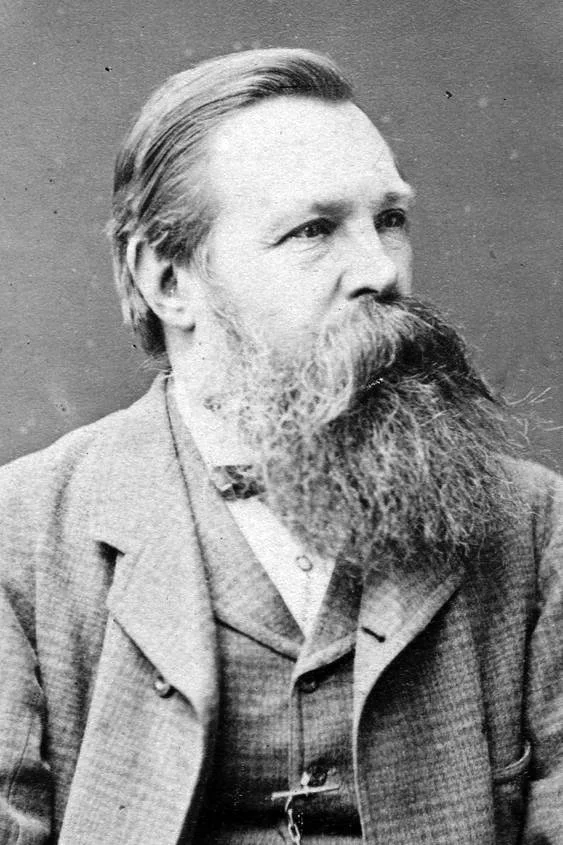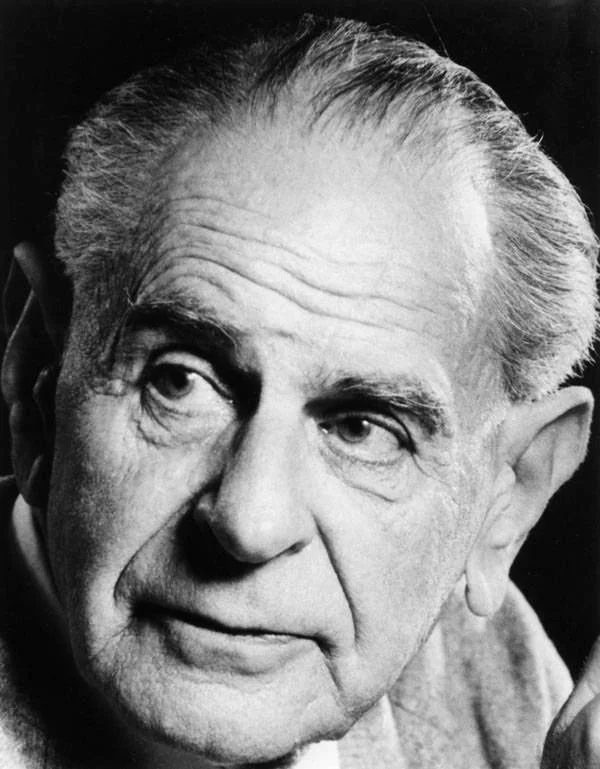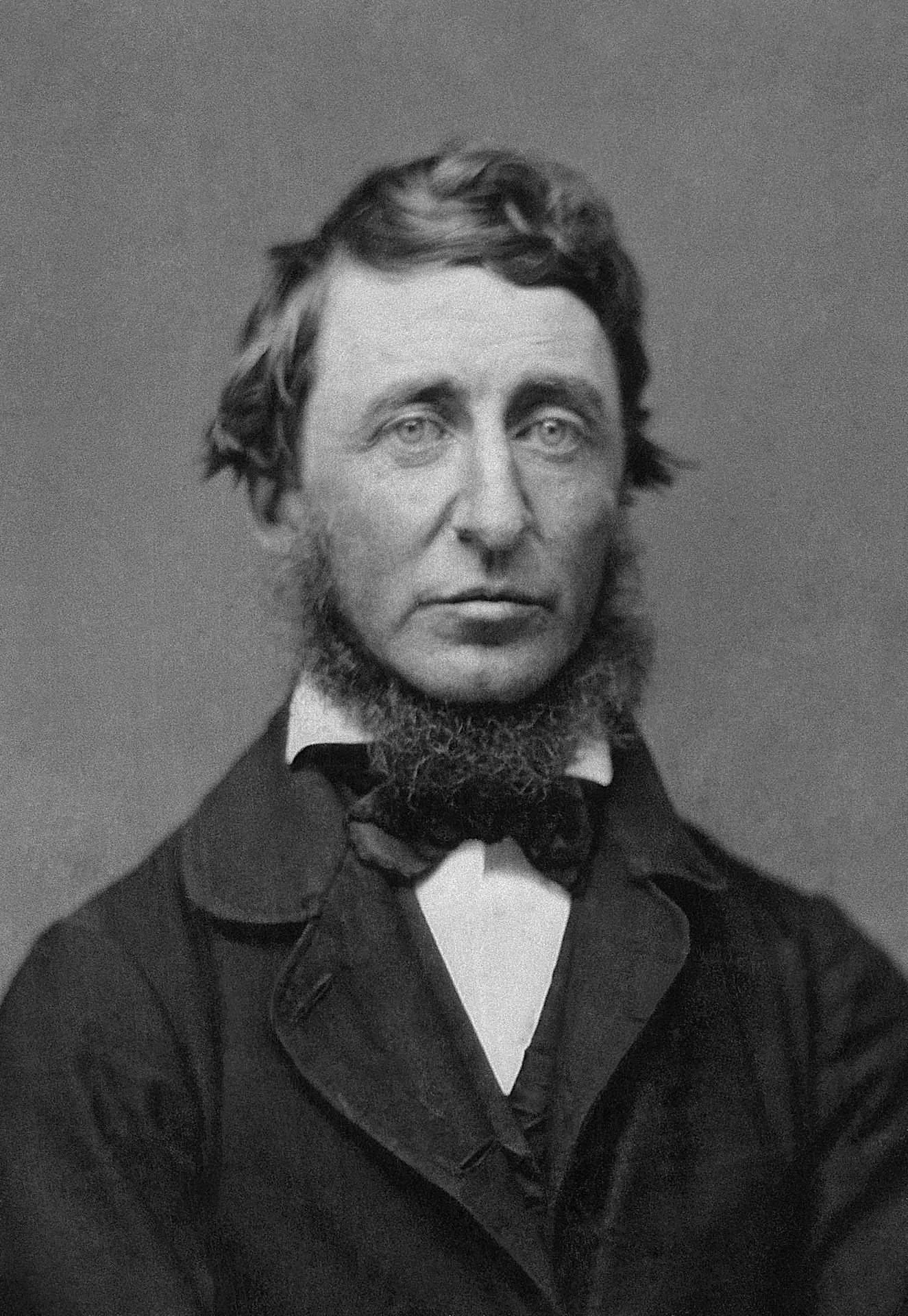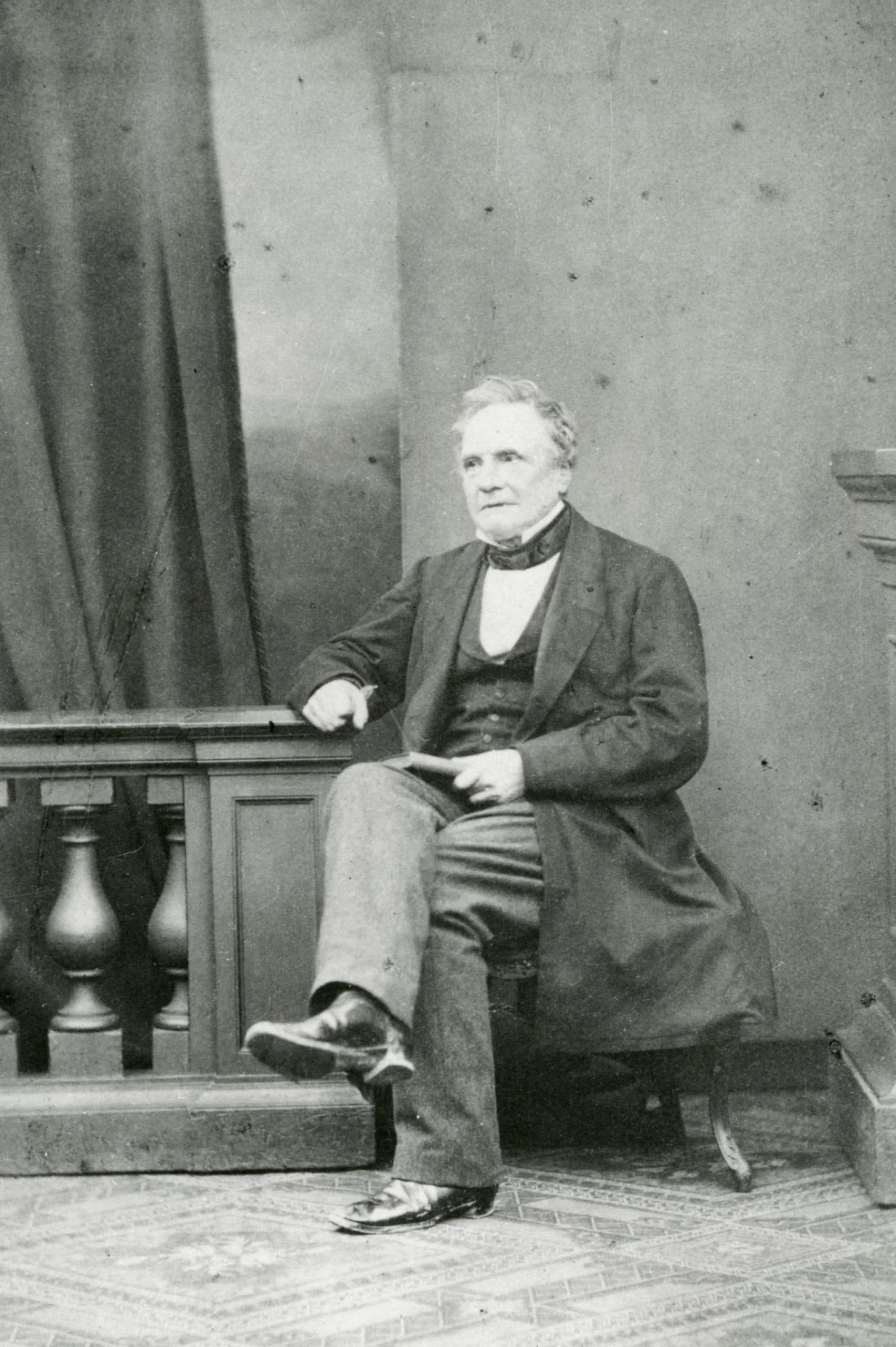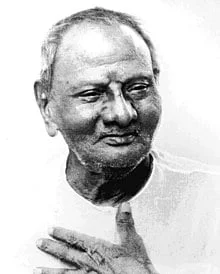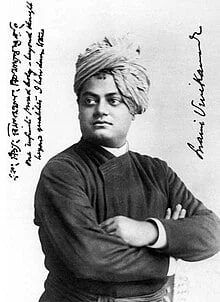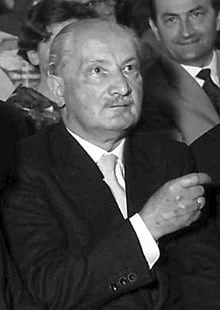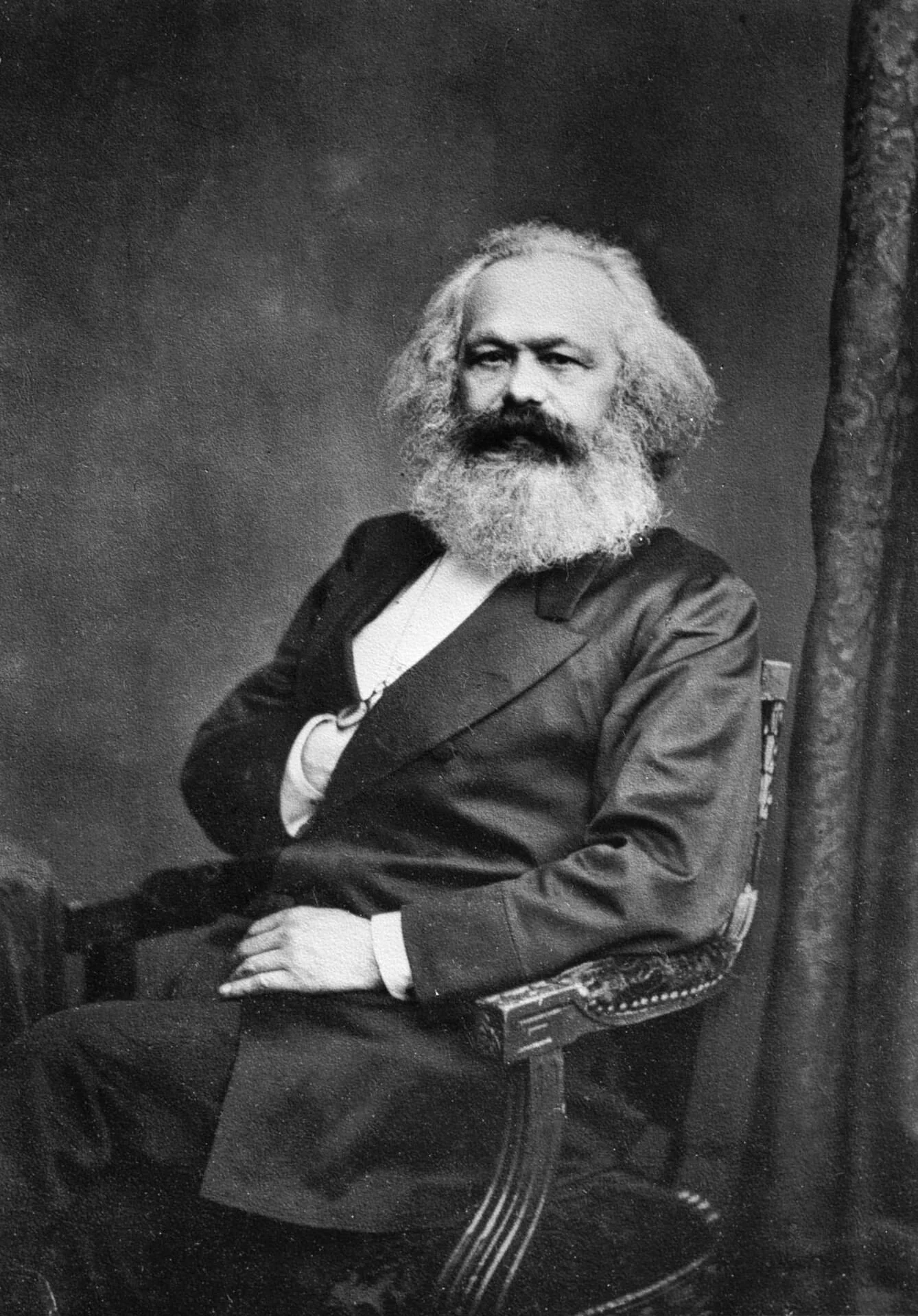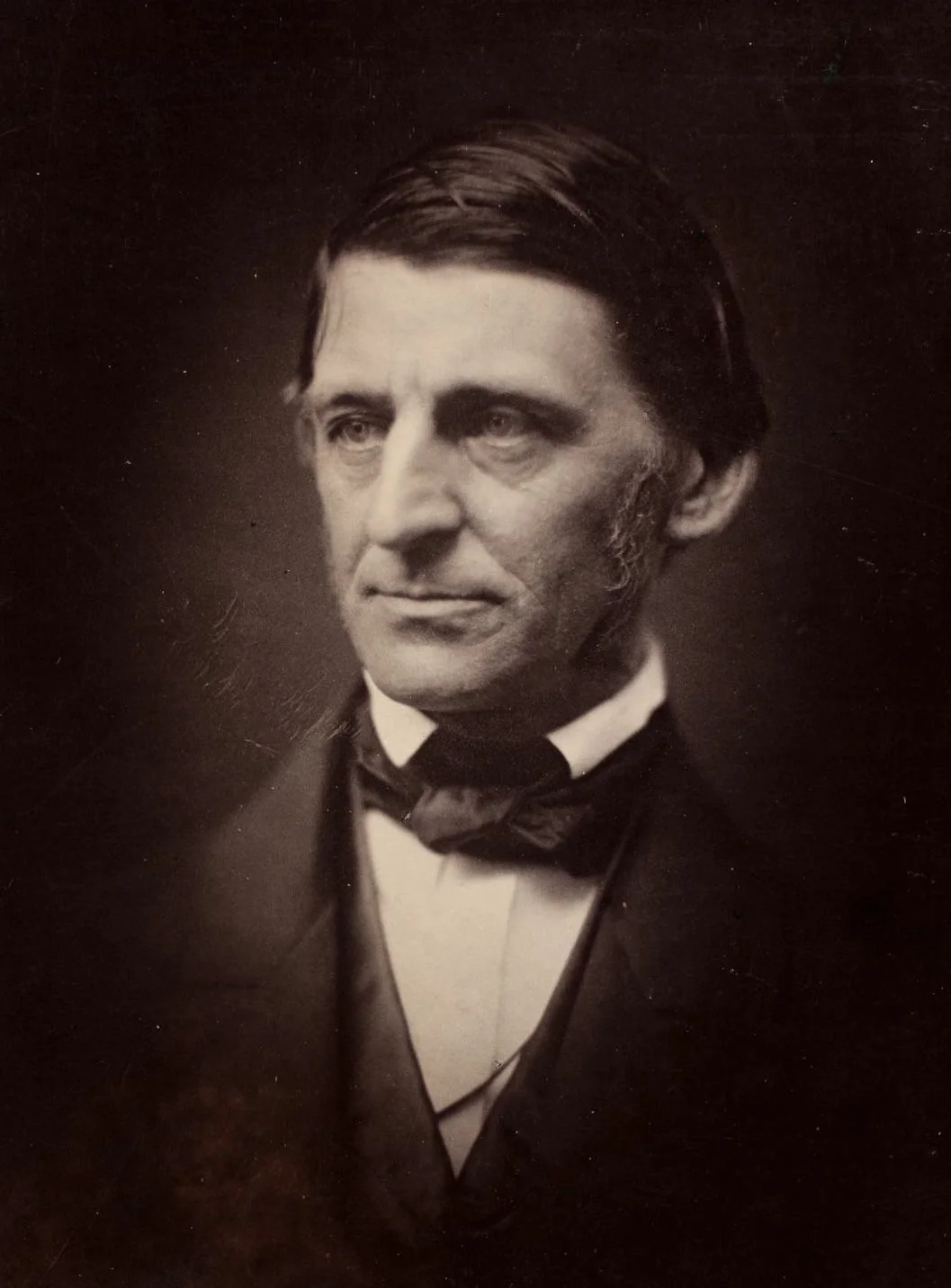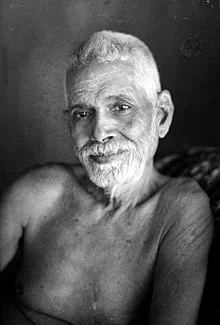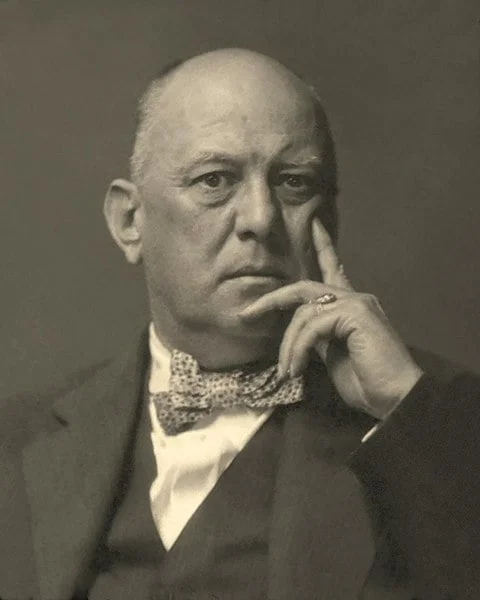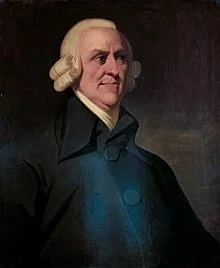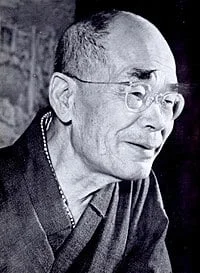Real Celebrities Never Die!
OR
Search For Past Celebrities Whose Birthday You Share
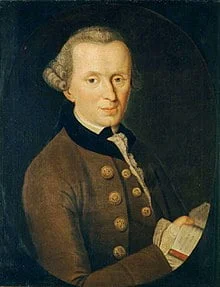
source:wikimedia.org
Immanuel Kant
Birthday:
22 Apr, 1724
Date of Death:
12 Feb, 1804
Cause of death:
Chronic subdural haematoma
Nationality:
German
Famous As:
Philosopher
Age at the time of death:
79
Immanuel Kant's Quote's
Early Life and Education
Immanuel Kant, born in Königsberg, Prussia (now Kaliningrad, Russia) on April 22, 1724, was a philosopher whose towering intellect illuminated the landscape of human thought for centuries. Kant’s early life was marked by academic excellence and a deep interest in philosophy. Raised in a Pietist household, he received a strict religious education that left a lasting impact on his moral and ethical philosophy. After completing his education at the University of Königsberg, Kant worked as a private tutor while continuing his philosophical studies.
Academic Career and Early Works
In 1755, Kant began his academic career as a lecturer at the University of Königsberg, where he taught metaphysics, logic, and physics. His early works, such as “General History of Nature and Theory of the Heavens,” focused on scientific and metaphysical inquiries. Kant’s initial academic focus was on natural science, particularly Newtonian physics.
The Humean Awakening and Philosophical Shift
A pivotal encounter with David Hume’s skeptical writings in the mid-1750s shook Kant from his intellectual complacency. Hume’s arguments forced Kant to re-evaluate the foundations of his own knowledge and understanding. This event, often referred to as his “Humean awakening,” launched him on the path to develop his monumental philosophical system.
The Creation of the Critique of Pure Reason
After several years of intense personal and intellectual struggle, Kant emerged with his groundbreaking Critique of Pure Reason (1781). This dense and complex work, considered by many to be the cornerstone of modern philosophy, tackled the fundamental question of how we can know anything at all. Kant argued that our experience of the world is shaped by the innate structures of our minds, which he called “transcendental categories.”
Transcendental Idealism and Its Impact
Kant’s central idea, known as transcendental idealism, had profound implications for our understanding of knowledge, ethics, and religion. He challenged the prevailing empiricist notion that all knowledge comes from experience and asserted the active role of the mind in shaping our understanding. While we cannot directly access the world as it is in itself (“the thing-in-itself”), we can only experience it through forms of intuition and understanding like space, time, and causality.
Groundwork of the Metaphysics of Morals and Ethical Philosophy
Kant’s ethical philosophy, laid out in his Groundwork of the Metaphysics of Morals (1785), was equally revolutionary. He rejected the idea of basing morality on external rewards or punishments and instead argued for a universal moral law based on reason alone. This law, known as the Categorical Imperative, commands us to act only in ways that we could universalize as a principle for everyone.
The Categorical Imperative and Deontological Ethics
The Categorical Imperative forms the basis of Kant’s deontological ethics, which emphasizes duty and moral obligation over consequences or personal desires. It calls for individuals to act with respect for the inherent dignity of all human beings, regardless of their circumstances or station in life.
Later Life and Legacy
Immanuel Kant passed away on February 12, 1804, in Königsberg. His legacy endured, and his ideas continued to shape philosophical discourse for centuries. Kant’s philosophical system had a profound impact on subsequent generations of thinkers, influencing the development of German idealism, Romanticism, existentialism, and even modern analytic philosophy.
Enduring Influence and Relevance
Kant’s ideas continue to be debated and reinterpreted today, as we grapple with fundamental questions about knowledge, morality, and the human condition. His philosophical system, a colossal edifice constructed with meticulous logic and unwavering rigor, continues to captivate and challenge thinkers to this day.
Name:
Immanuel Kant
Popular Name:
Immanuel Kant
Gender:
Male
Cause of Death:
Chronic subdural haematoma
Spouse:
Place of Birth:
Königsberg, Kingdom of Prussia (present-day Kaliningrad, Russia)
Place of Death:
Königsberg, East Prussia, Kingdom of Prussia
Occupation / Profession:
Personality Type
Logician: Innovative inventors with an unquenchable thirst for knowledge. Immanuel Kant was driven by logic and curiosity.
He never married or had children, choose to devote his life entirely to his philosophical pursuits.
Kant led a notoriously disciplined and routine life, famously taking his daily stroll along Königsberg's streets at precisely 3:15 pm.
Though renowned for his complex and abstruse writings, Kant was known in person for his gentle and unassuming demeanor.
Authored landmark works like “Critique of Pure Reason,” “Groundwork of the Metaphysics of Morals,” and “Critique of Practical Reason”
Developed the philosophical system of transcendental idealism
Founded deontological ethics and formulated the Categorical Imperative
Had a profound impact on the development of modern philosophy

